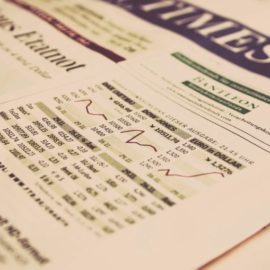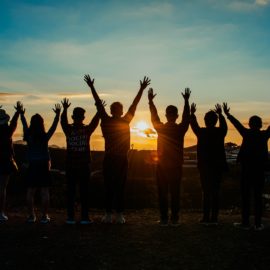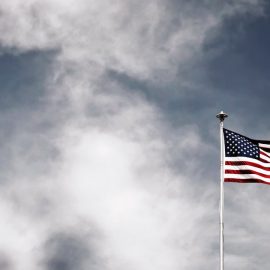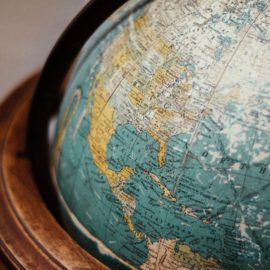
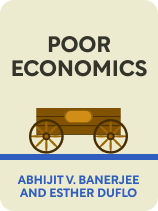
This article is an excerpt from the Shortform book guide to "Poor Economics" by Abhijit V. Banerjee and Esther Duflo. Shortform has the world's best summaries and analyses of books you should be reading.
Like this article? Sign up for a free trial here .
Why is it so hard to get out of poverty? What is the key factor that keeps people stuck in the poverty trap?
Poverty is an insidious trap that is extremely difficult to escape. Poor people are so focused on stretching their limited resources that they simply don’t have the time or energy to think about anything else. According to Esther Duflo and Abhijit Banerjee, the authors of Poor Economics, one way to break the vicious cycle of poverty is to give the poor easier choices.
Here’s how lack of choices keeps people in the poverty trap.
The Poor Need Easier Choices
Wealthy people living in wealthy countries have many difficult decisions made for them, which benefits them because they then don’t have the opportunity to make poor decisions. Their water is purified, their healthcare providers are highly trained and closely regulated, their foods are fortified with key nutrients and regulated to ensure they’re safe, their assets are protected, they have money set aside for the future through Social Security or other financial institutions, and so on.
The poor have none of these things. They have to purify their own water, figure out ways to save for the future outside of typical financial institutions, make complicated decisions about their healthcare, and more. Such decisions are difficult for anyone to make, but especially for the poor, who feel the constant pressure of a lack of resources, information, and basic economic security.
Duflo and Banerjee suggest that one practical way to alleviate the vicious cycle of poverty is to make these decisions easier for the poor. One way to do this is by ensuring default options are good. If tasty cereals are fortified and made readily available, it’ll be easier for the poor to get critical micronutrients into their diet. Referring to Richard Thaler and Cass Sunstein’s book, Nudge, Banerjee and Duflo propose a second way to make good decisions easier for the poor: Nudge them toward the right choices. For example, savings accounts could be structured to encourage deposits and discourage withdrawals.
| Studies Cited in Support of Nudges Can’t Be Reproduced Duflo and Banerjee suggest that nudges are an effective way to get the poor to make better choices. Nudges have been proposed in the field of behavioral science as an effective way to lead people to unconsciously make better choices. Nudge Theory is founded on the idea that we make decisions on the basis of rules of thumb and biases that we don’t account for. By presenting choices in ways that exploit these unconscious biases (in other words, by nudging), policymakers can improve people’s lives without restricting their freedom. The entire field of behavioral science has come under scrutiny since the publication of Duflo and Banerjee’s book, however. Researchers found that a majority of the results of studies in the behavioral sciences can’t be reproduced. When the results of a study can’t be reproduced, it undermines the credibility of its conclusions. Nudge theory was one of the areas of behavioral science most undermined by this replication crisis. Perhaps, then, the decisions of the poor are not as likely to be improved by nudges as Duflo and Banerjee suggest. While this undermines some of their advice for dealing with the factors affecting poverty, it doesn’t undermine the authors’ analysis of those factors. |

———End of Preview———
Like what you just read? Read the rest of the world's best book summary and analysis of Abhijit V. Banerjee and Esther Duflo's "Poor Economics" at Shortform .
Here's what you'll find in our full Poor Economics summary :
- A look at how some people live on less than 99 cents per day
- An analysis of how the poor live and how policy interventions affect their lives
- The four key insights Duflo and Banerjee offer about poverty


